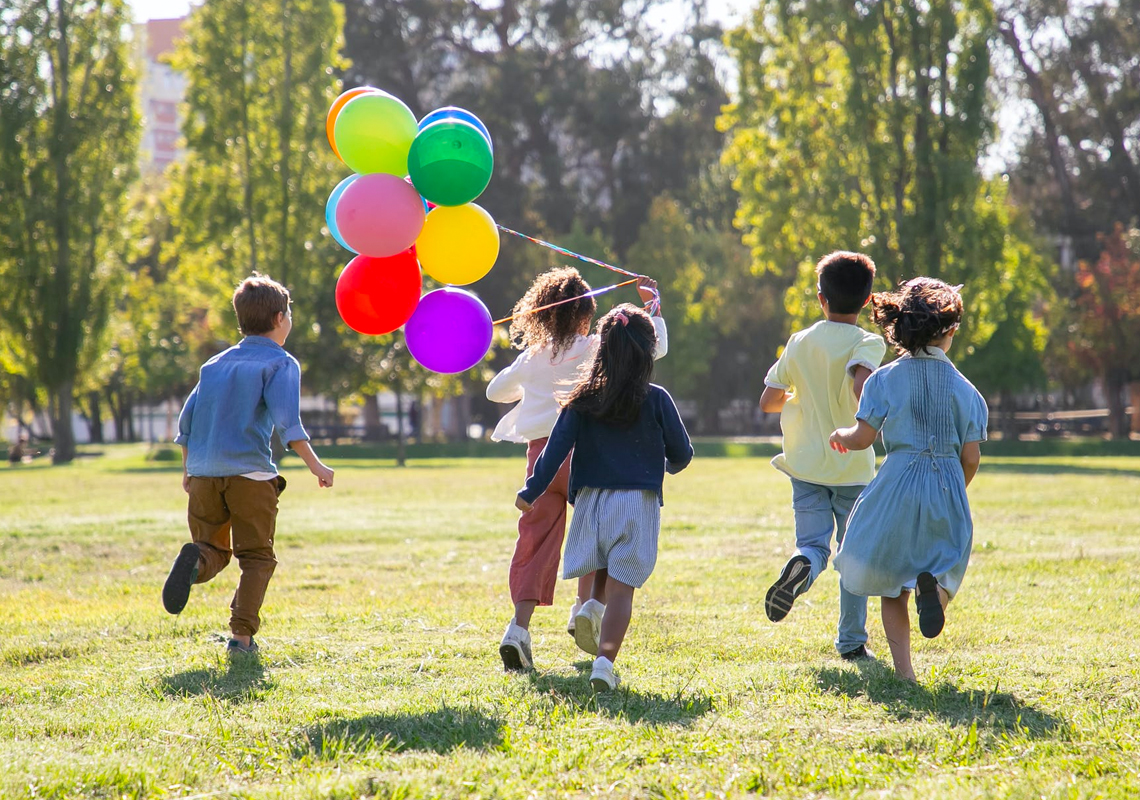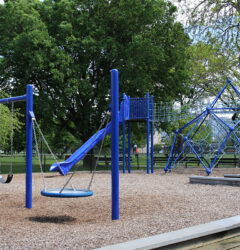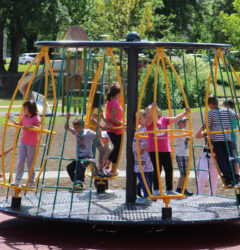27 Jul

Can you predict if a child in your care is about to melt down or if they are bottling up too many emotions? Do you recognize stress or anxiety in a child?
Common signs, that are often like those in adults, can be easier to overlook as developmental or hormonal in children. You hope that you’d know if your child was overwhelmed, but it can be unrecognized in children if there aren’t outward displays of stress. Acting unusually irritable or moody, withdrawing from friends, unexplained stomach aches, or headaches, sleeping too much or too little, and changes in eating habits can all point toward higher levels of stress. Especially when it lines up with external stressors.
More and more children are identifying that their personal levels of stress and anxiety is increasing. The increasing pressures of school, media saturation, bullying, and family disruptions are at an all time high in our communities, affecting at least 1 out of 5 children. Research suggests that anxiety is a common issue amongst primary school children, yet very little in done in terms of developing coping skills and techniques. It’s common to struggle with anxiety and stress well into adulthood before identifying that something drastic needs to change.
Everyone, regardless of age, experiences some level of stress or worry. But if the stress is causing disruption in your child’s life, then it may be time to re-evaluate their routines and schedules. One of the most important first steps in maintaining a good work-life or school-life balance is time to decompress.
There’s a reason why exercise and fresh air is often the first course of action recommended by health providers. Outdoor play and exercise in the fresh air are beneficial in reducing stress hormones and anxiety. “Feel good” hormones like oxytocin and serotonin are released, which in turn help children feel more relaxed and happier. When children get to play outdoors, they are more content holistically. They see better outcomes in class, improved concentration, and more creative outputs. Creative thinking can help distract their minds from troubling thoughts. They may still experience stress, but they tend to be able to cope with it a bit better. Outdoor activities, and unstructured play can drastically improve the mental health and wellbeing of children. (Adults, too!)
Here are some other tried and true tips to help reduce stress at home:
- Keep connected while disconnecting. Put the phones and tablets away, shut off the TV and head outside to play. Set aside time for actual face-to-face conversations and make sure you’re actively present.
- Commit to routines, while leaving wiggle room. Structure can be extremely important for children but too much can cause anxiety to build. Regular bedtimes are good, but perhaps with a bit of flexibility on weekends or holidays. Maintaining balanced nutrition, while also making space for ice cream or cupcakes (all in moderation, of course!). Pop by a playground on your way home from school instead of making that routine trip to the market.
- Slow down. If your family’s schedule has you running from place to place, make you’re balancing that with unstructured playtime for the children, and also rest and relaxation for you too. Teaching children the value of slowing down and taking breaks, especially when feeling overwhelmed can help developing coping skills.
- Help identify stress and anxiety. Being mindful of how your body feels, or subtle things like tingly skin, or flushed cheeks, can help a child quickly identify how they may need to maneuver through a particularly stressful situation. Breathing techniques, visualization, changing the environment, can all slow down the body’s reaction to stress. Do not avoid the triggers in their lives, help them cope with them.
- (Maybe the most important step) Take care of yourself. There’s a reason why we are told to put our life vest on first. When you reduce your own stress levels, you promote better well-being for the children in your life and project a healthier outcome to emulate.
Today’s children are inundated with screen time, adult content, violence on TV and movies. Children are also overwhelmed by packed schedules, family disruptions and a multitude of ways to be bullied. Pre-social media crowds much appreciate that the constant levels of high stress loads can impact us in ways that were never experienced when you could just go home from school, watch a few main TV channels, and leave any bullies behind until the next school day. Life is at full speed, 100% of the time, for a lot of children in our communities. There’s no break. We must continue to highlight the important of fresh air, and outdoor time. Outdoor play and playground fun is a decluttering of the mind for all of us.









Follow Dynamo Playgrounds